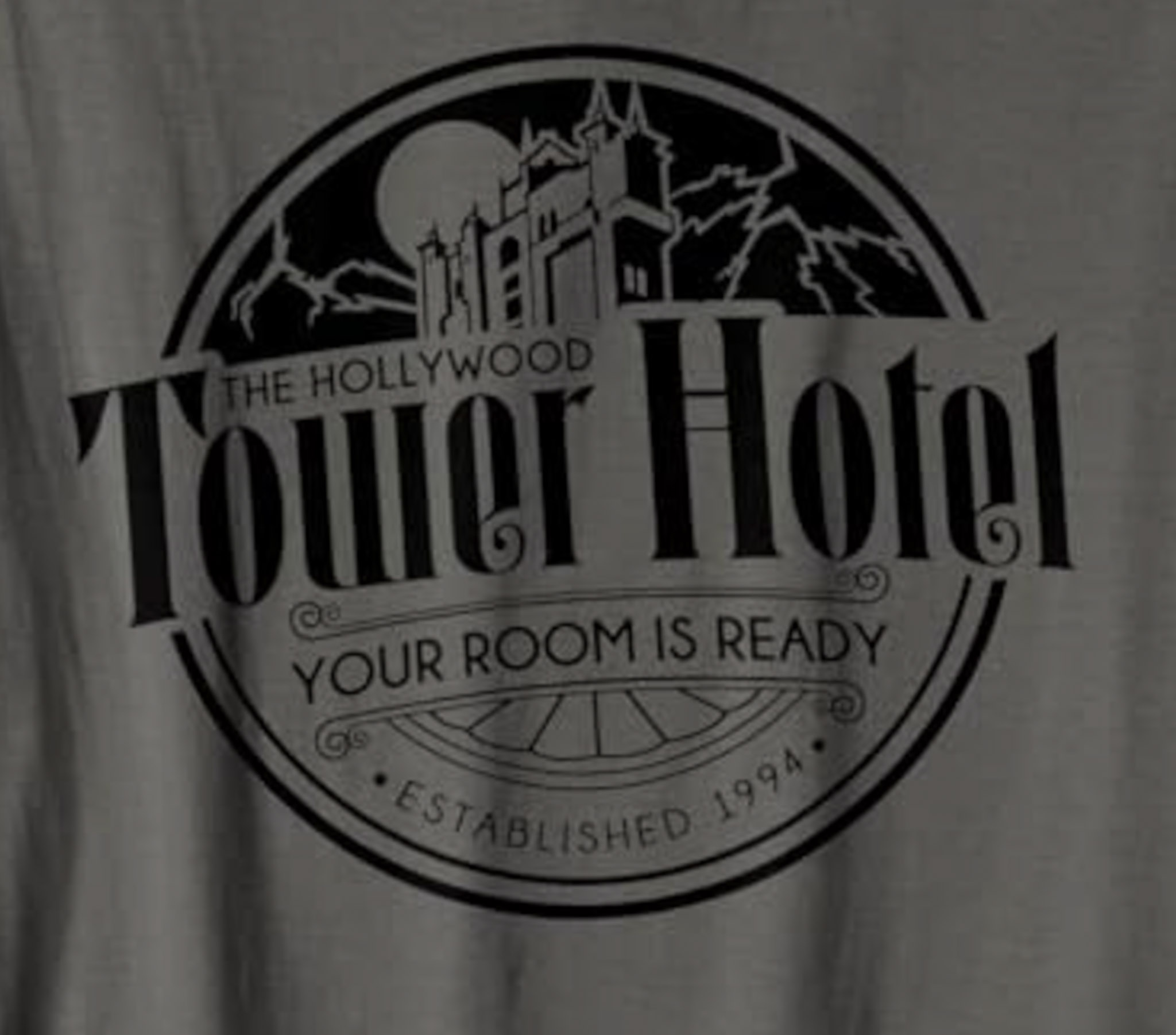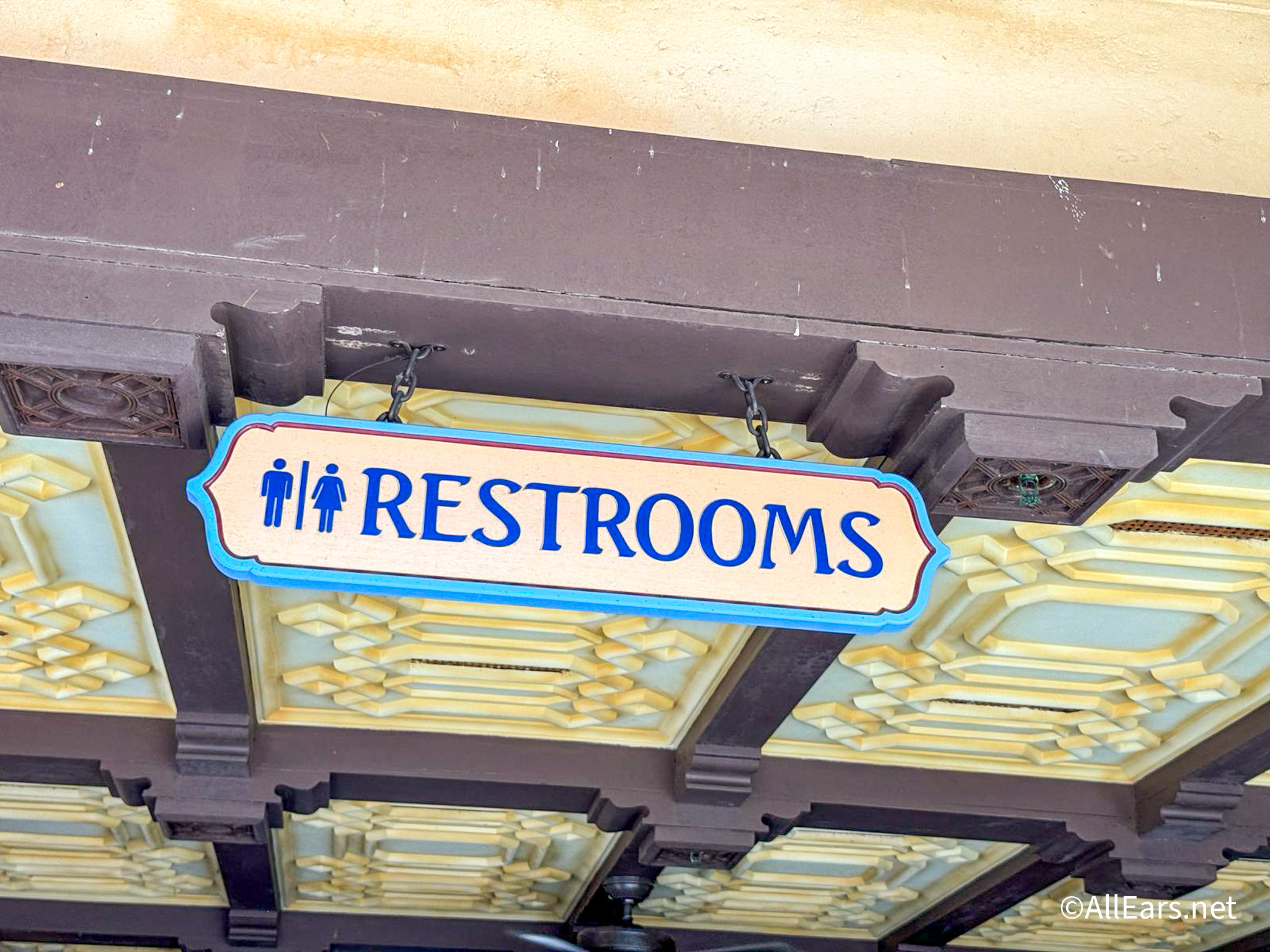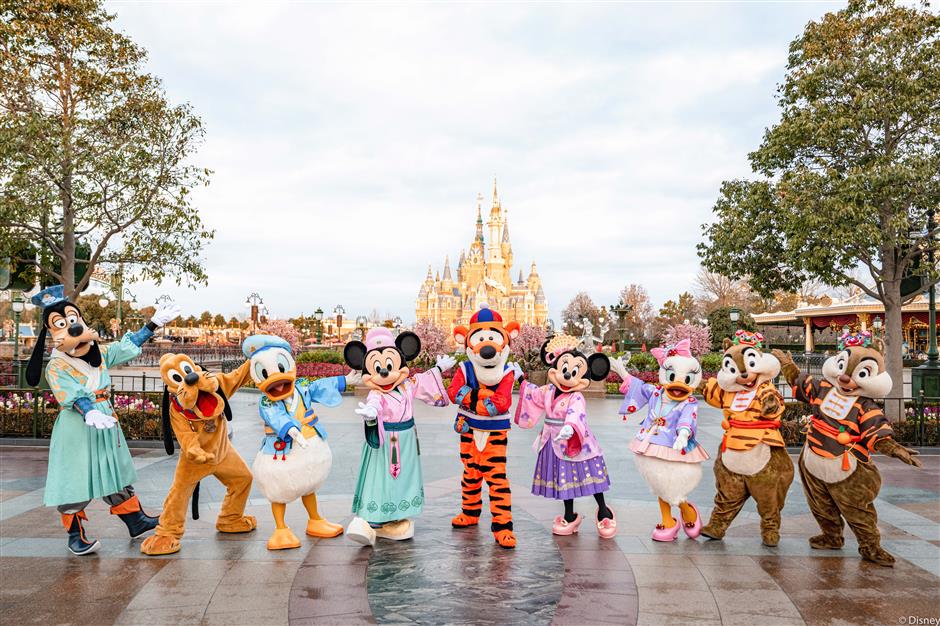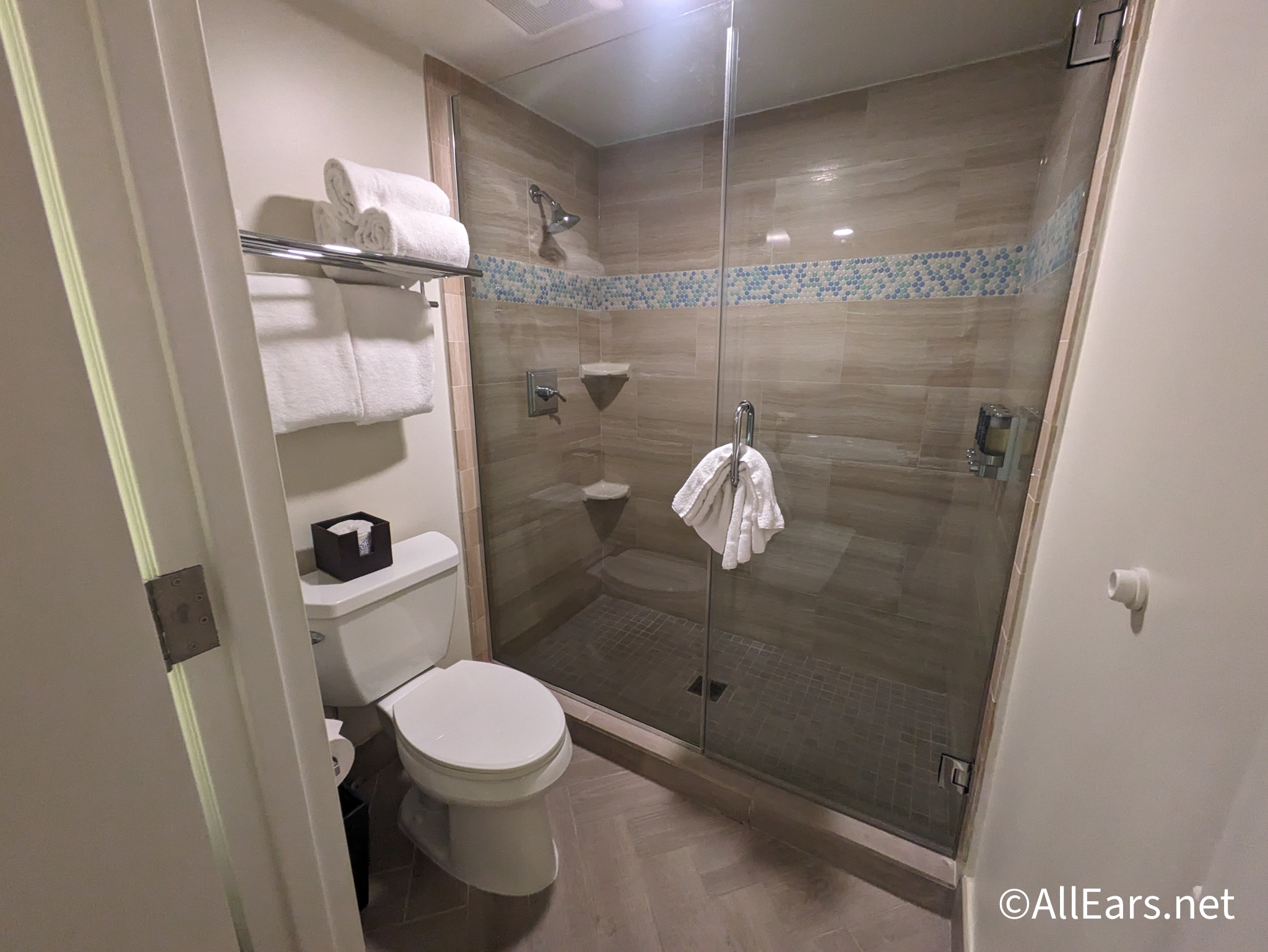If you’ve been surviving off of your best friend’s ex-boyfriend’s cousin’s Netflix login (😂 ), be warned that you might get kicked off that account soon!

We’ve seen a number of updates in the streaming world, particularly with new pricing, the introduction of ads in formerly ad-free services, and updates on subscriber numbers. But Netflix also has another update on the way — starting soon, they’ll be charging for password-sharing. Here’s what you need to know.
According to TIME, Netflix will start charging for password sharing in early 2023. They shared the news in an October letter to shareholders.
The company is moving forward with the plan to “monetize account sharing,” despite backlash from consumers when the plan was initially announced.

So just what does this new plan entail? Well, soon Netflix will make subscribers pay an additional fee for sharing passwords with people outside of their households. According to CBS News, a Netflix account holder can currently have up to 5 profiles on their account. Once this new plan is put in place, Netflix will only allow a single “home” per account.
If you want to keep sharing with people outside of your household, you’ll be able to, you’ll just need to pay for “sub-accounts” to add more “homes” to your account.
If you’re sharing someone else’s account right now and want to break off and make your own account, Netflix has said that you’ll get the chance to transfer your existing profile information to a new account.

Netflix actually tested out this program in Chile, Peru, and Costa Rica earlier in 2022. In those countries, you could pay to add up to 2 extra members to your Netflix account. The charge was $2.99 for each month to add a “home.”
How much will it cost to add those sub-accounts in other countries? Netflix hasn’t shared the details yet, so we’ll be on the lookout for details.

CBS News points out that once the plan rolls out in early 2023, how many extra “homes” you can add to your account will depend on what plan you have.
- Basic plans: can add 1 extra “home”
- Standard plans: can add up to 2 extra “homes”
- Premium plans: can add up to 3 extra “homes”

Earlier in 2022, Netflix shared that it lost subscribers for the first time in over 10 years. In a letter to shareholders, they noted that really cracking down on the sharing of passwords could be a “big opportunity” in terms of growing their revenue in the future.
Despite Netflix later gaining subscribers, it looks like the plan to crack down on password sharing is moving forward.

Don’t forget that Netflix is also introducing their Basic with Ads plan soon too. That’ll launch in November and will be $6.99 per month in the U.S.
Disney will follow soon after with its own ad-supported plan. We’ll continue to keep an eye out for more news on the streaming front, so check back for updates.
Stories About Disney Movies and Shows
- NEW Trailer Released for Marvel’s ‘Deadpool & Wolverine’
- NEWS: TWO Popular Shows CANCELED at CBS
- A NEW ‘Bluey’ SURPRISE Episode Just Dropped on Disney+, and Fans Can’t Stop Talking About It
- This Disney Movie Announcement Is Already Giving Me PAINFUL Magic Kingdom Ride Flashbacks
- FULL List of Shows and Movies Coming to Disney+ This May
- A First-of-Its-Kind Film Is Coming to Disney+ Next Month!
- QUIZ: We Bet You Can’t Identify These 8 Easter Eggs in Disney’s ‘Frozen’
- Are YOU Eligible for Disney’s New FREE Streaming Bundle?
- 22 NEW Reasons to Watch Hulu This Week
- This NEW Update Just Made Being a Disney Fan So Much EASIER
Join the AllEars.net Newsletter to stay on top of ALL the breaking Disney News! You'll also get access to AllEars tips, reviews, trivia, and MORE! Click here to Subscribe!

Are you a Netflix subscriber? Tell us in the comments!























I don’t get this. what’s a home? so if you are using it in another physical home, what if you have a second home? a beach house? a winter home? an apt in the city cause u work in the city but live outside the city. you use Netflix on mobile devices? they each thier own home cause they are over data?
Agree with your concerns Jim. With a kid in college in another state, will he require his own “home” and will all the users currently within my “house”, will they each need separate “homes”. None of us utilize the mobile features but can see where that would be a problem also. Totally understand NetFlix’s concerns of shared service but really don’t understand how they will be able to determine fraudulent use vs. legit use in a vacation home or RV, etc.